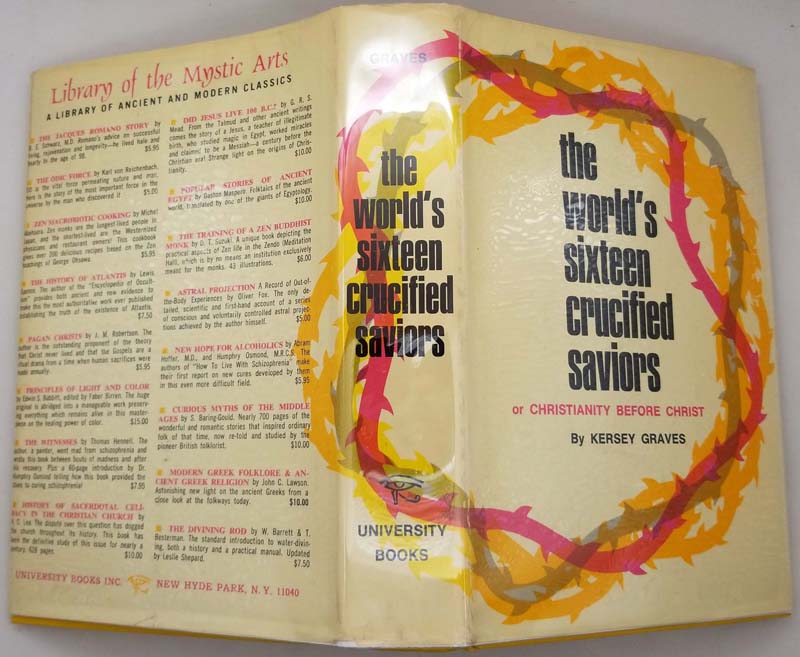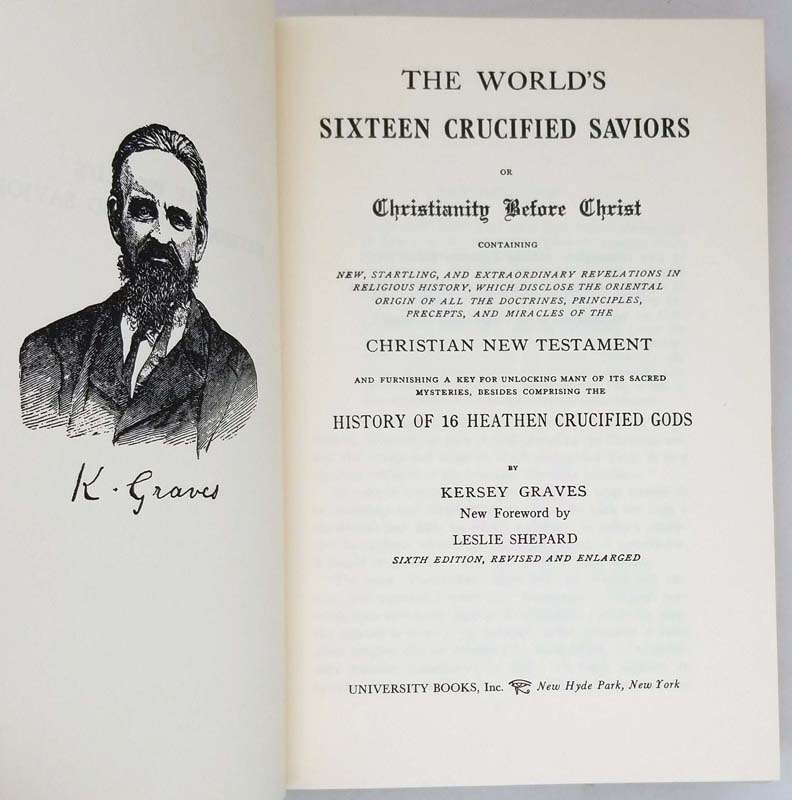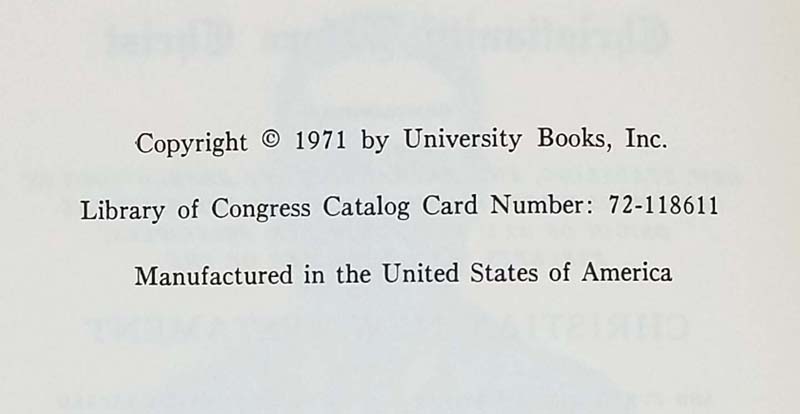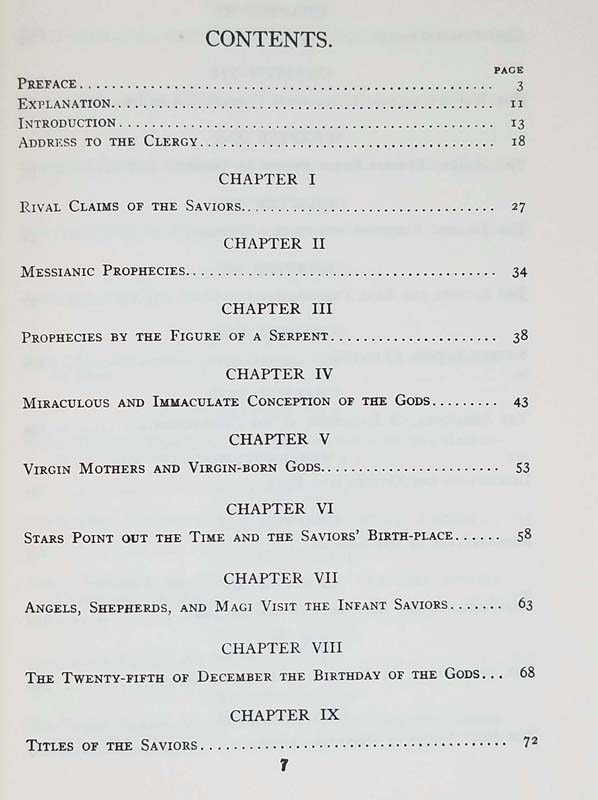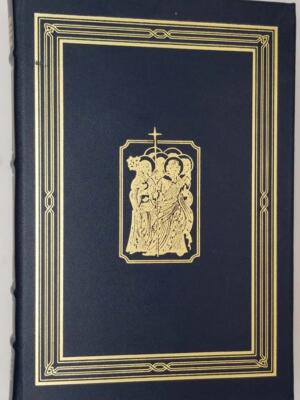The World’s Sixteen Crucified Saviours (1875) by Kersey Graves is a controversial 19th-century comparative religion text that claims sixteen pre-Christian deities, from Krishna to Quetzalcoatl, shared crucifixion/resurrection narratives with Jesus Christ. Graves, an American freethinker, argues these parallels discredit Christianity’s uniqueness, framing Christ’s story as a mythic archetype.
Though dismissed by scholars for misinterpretations and fabricated sources, the book remains a curiosity of skeptic literature, reflecting Victorian-era debates on faith and historicity.

